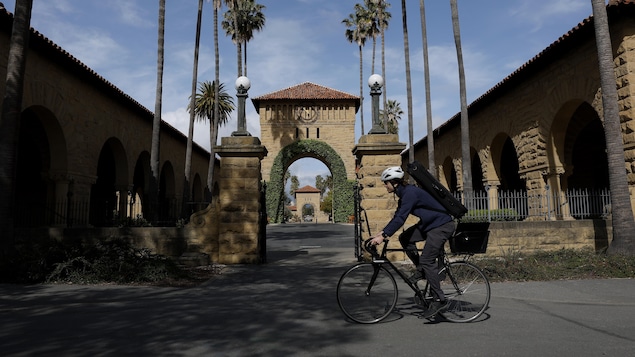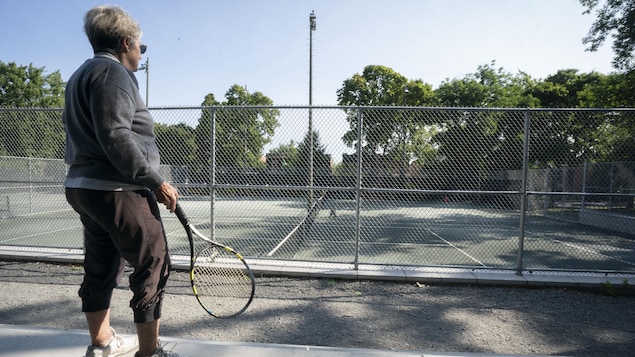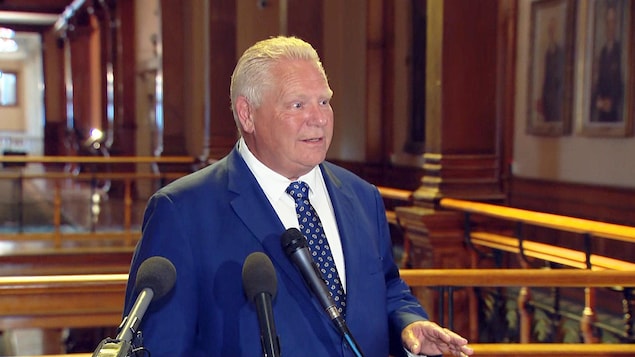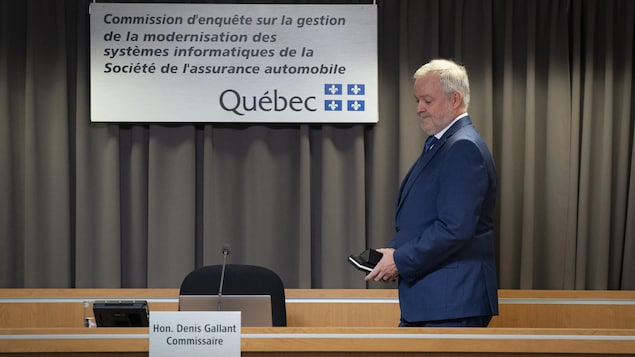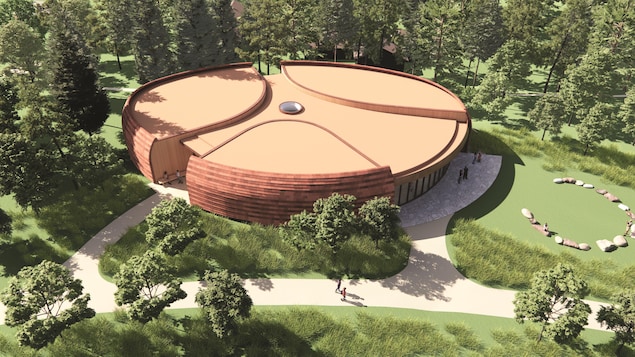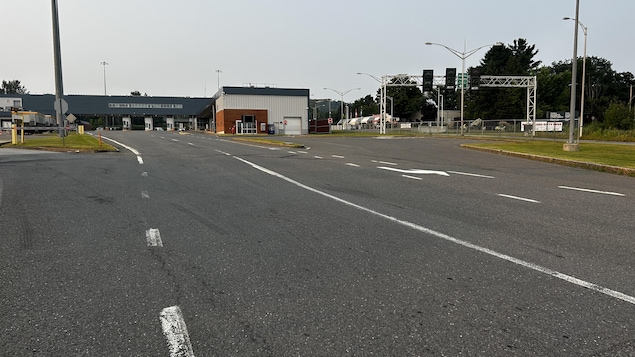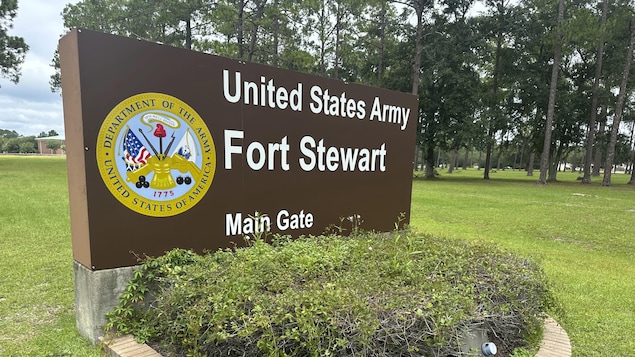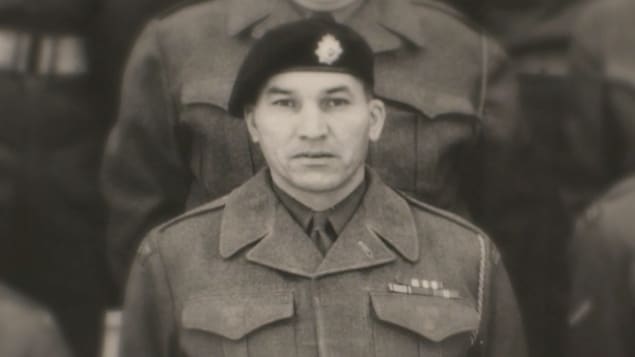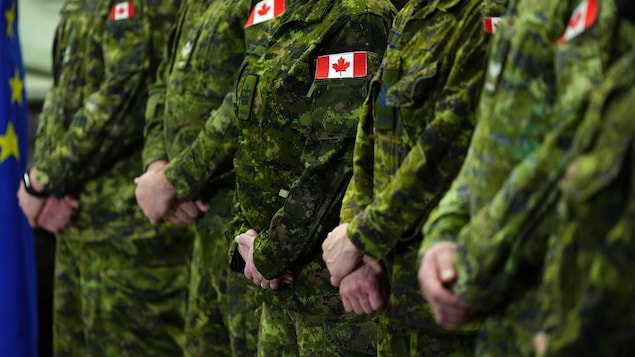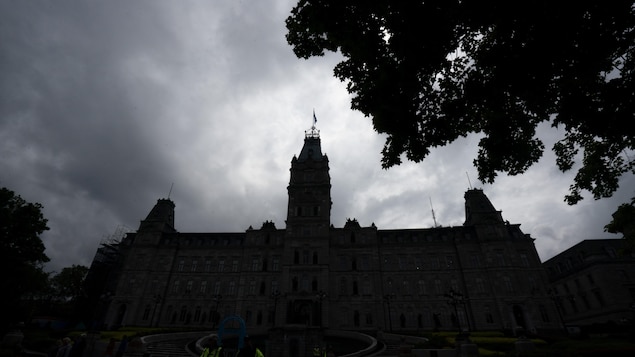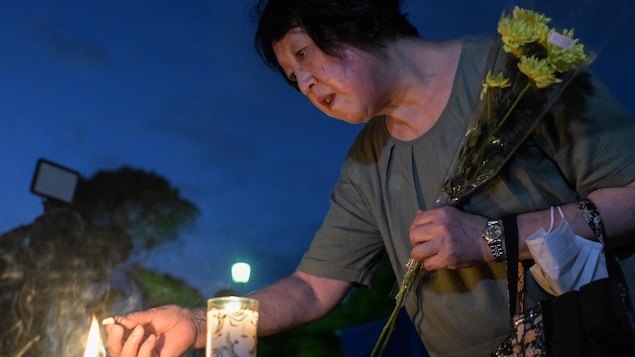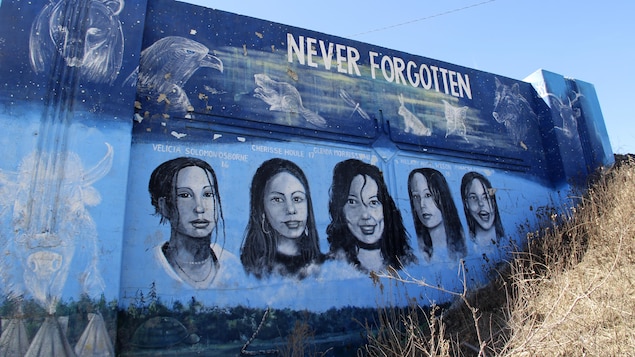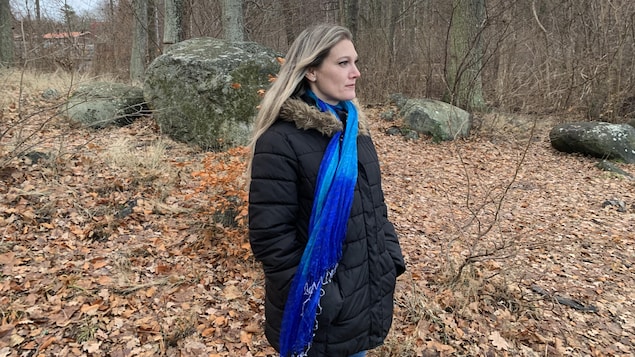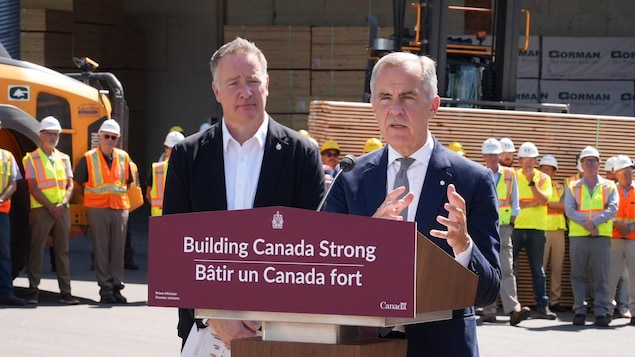Yukon First Nation to oppose all new mining claims as regional land-use planning process gets started
A Yukon First Nation says it will oppose any new mining claims on its traditional territory as it begins a regional land-use planning process with the territory’s government.
The First Nation of Na-Cho Nyak Dun says in a post on Facebook that it is issuing a notice to the mining industry that it will oppose any claim “through all available legal and political avenues.”
The Nation says any such claim staked during the land-use planning process are “unwelcome” and “unlawful,” citing past court decisions that it says “strongly discourages staking claims in the areas” undergoing such a process.

© Adrian Wyld
